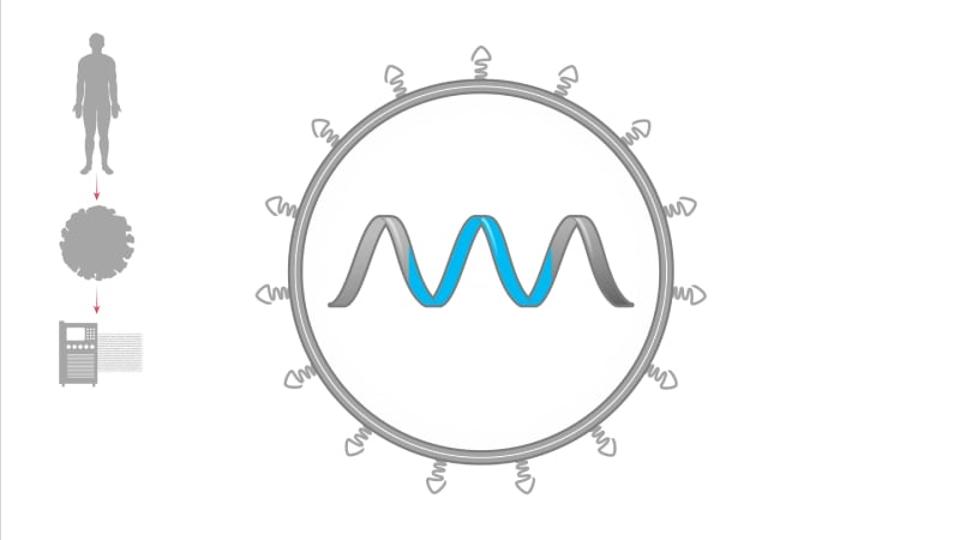ASCO: Moderna may file melanoma vaccine on phase 2b data

New data from a phase 2b trial of Moderna and MSD’s neoantigen melanoma vaccine may be strong enough to consider filing for accelerated approval before a phase 3 programme.
The new results from the KEYNOTE-942 study, presented at ASCO, come after a median follow-up period of nearly three years after adjuvant treatment with mRNA-4157 (V940) given in combination with MSD’s immunotherapy Keytruda (pembrolizumab) for high-risk stage III/IV melanoma that has been removed with surgery.
At 34.9 months, the vaccine/Keytruda combination reduced the risk of recurrence or death by 49% – from around 50% to 25% – while the risk of distant metastasis or death fell 62% compared to Keytruda alone, with very little addition to the side-effect burden.
Crucially, the difference between the groups seems to be getting better over time, with a separation in the curves on the efficacy plot. At the two-and-a-half-year endpoint, the recurrence-free survival rate was 74.8% with the combination versus 55.6% for Keytruda.
Moderna’s head of development for therapeutics and oncology, Kyle Holen, said it was particularly encouraging that the benefit was observed “across various patient exploratory subgroups, reflecting the potential of mRNA-4157…for a broad range of these patients.”
mRNA-4157 is a personalised vaccine targeting 34 cancer neoantigens, derived from a biopsy of a patient’s tumour, and uses the same underlying technology as Moderna’s SpikeVax COVID-19 vaccine. It is designed to prime the immune system to attack the tumour cells, while Keytruda blocks an immunological ‘brake’ that protects the cancer.
The primary endpoint of the trial is disease-free survival (DFS) with an overall follow-up period of up to 78 months, so the strong efficacy signal point at this point is impressive and points to the potential of Moderna’s neoantigen vaccination approach in oncology. An early filing would of course depend on the outcome of discussions with the FDA.
In the meantime, Moderna and MSD – known as Merck & Co in the US and Canada – have already started phase 3 trials in patients with high-risk melanoma and non-small cell lung cancer (NSCLC). They are also running a phase 2/3 study in cutaneous squamous cell carcinoma (CSCC), another form of skin cancer and midstage studies in renal cell carcinoma (RCC) and urothelial carcinoma (UC).
The two companies are meanwhile working on additional cancer vaccines and recently started dosing patients in a phase 1/2 trial of mRNA-4359 – designed to generate antibodies against PD-L1 and IDO1 – in advanced solid tumours.













